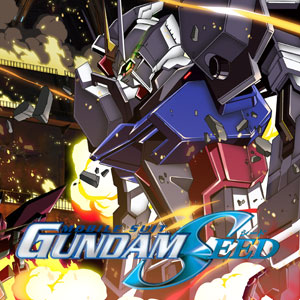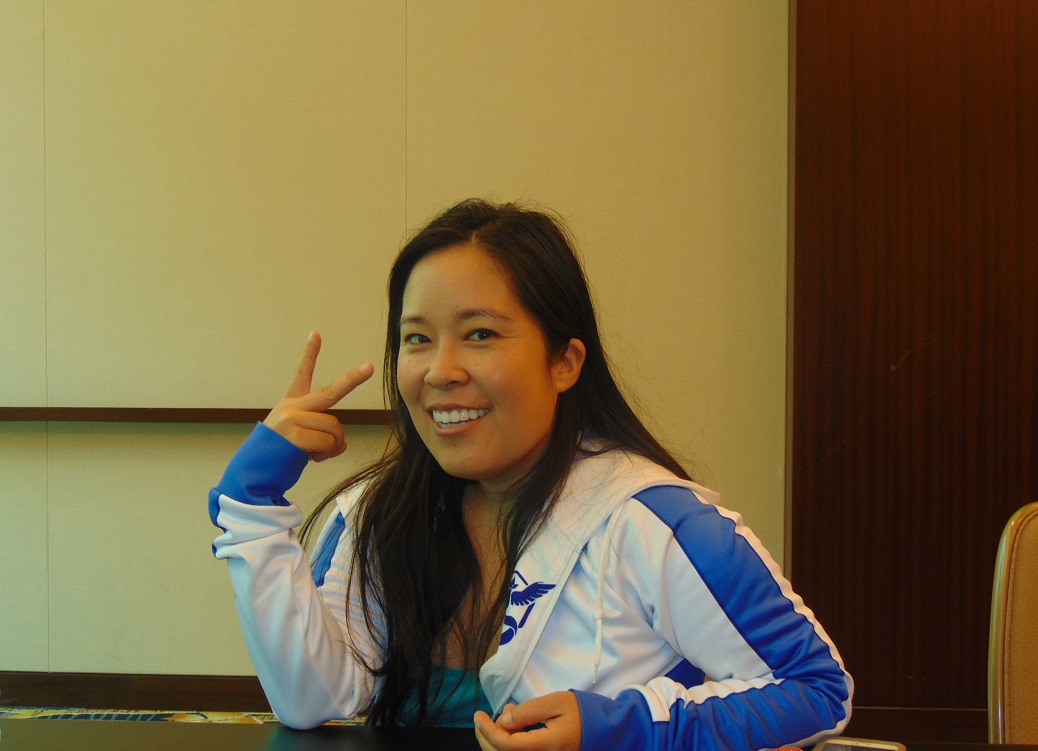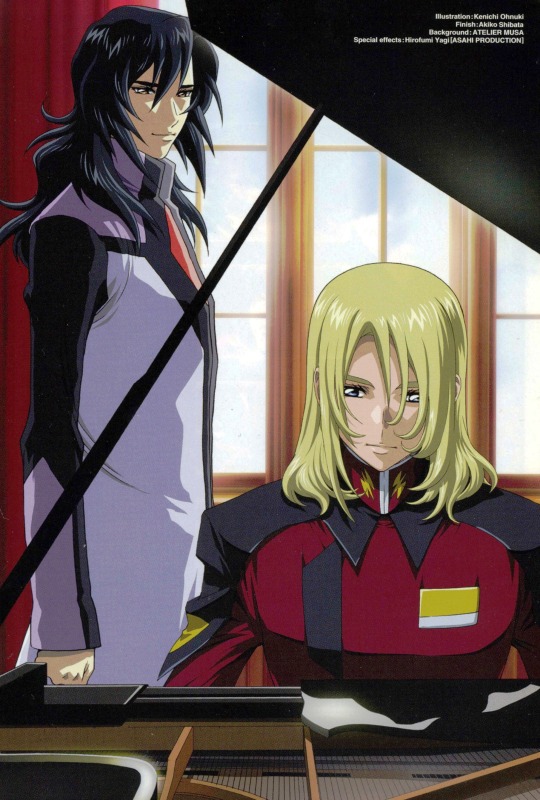
And then they use it again for Balalaika's s backstory! Meaning, for the episode that explains how the person who arranged for the creepy children's aforementioned messy deaths became the person she is in the series.The fact doesn't get better by the fact that, considering just how badly they had been messed up by what they had lived through, this was probably the best thing that could happen to them.


The song is reused during the ending credits just after his sister is shot in the head on-screen, killing her in an an almost as gruesome a manner, for exactly the same reason: pissing off the woman they should've NOT upset. Black Lagoon puts "The World of Midnight", a beautifully sung ballade, right on top of the fade-out of a scene where a very creepy young boy has just bled to death on the ground after having had his hand shot off as punishment for angering the most powerful and ruthless woman in the whole city.In one of the last episodes of Black Cat, Saya's song is played over scenes of Creed being abused as a child.That and the ending being a downer in every way, shape, and form. Apparently, it's the perfect thing to listen to right after seeing Guts screaming and crying in agony in a pool of his blood at the sight of Casca getting raped to insanity by Griffith/Femto and having no closure as to what happened immediately afterward. Likewise, the ending theme "Waiting So Long" by SILVERFINS, is also a catchy song also composed of broken English, but it's still calm and mellow and peaceful.It's never replaced as the show's opening, even for the Grand Finale focusing on all the horrors our cast faces during The Eclipse. It's a catchy yet surreal, upbeat melody with broken Gratuitous English lyrics that sharply contrasts with the dark and violent mood of the whole series, especially in the final episodes. "Tell Me Why" by The Penpals is the intro theme of the 1997 anime adaptation.
#Gundam seed destiny remastered dud upgrade
The scene where Atlas first appears after his upgrade and massacres a squad of policemen is set to a rather upbeat, almost triumphant piece of classical music, probably to symbolize Atlas' view of himself as a hero, defending robotkind from the evils of humanity.



 0 kommentar(er)
0 kommentar(er)
